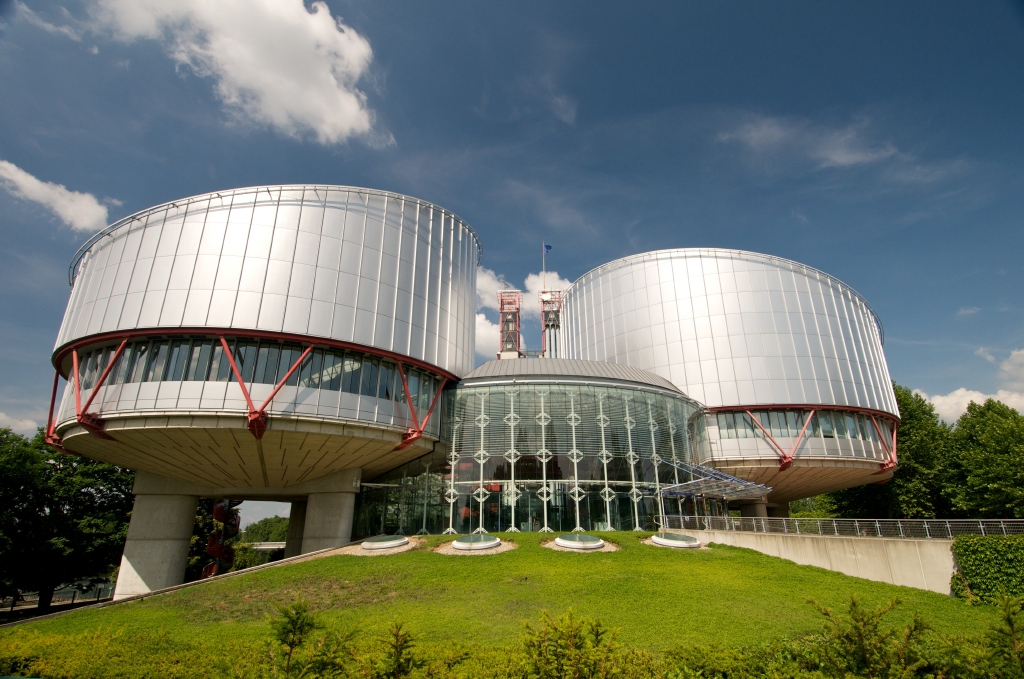ECHR urges Malta to treat unaccompanied minors in a human manner

The European Court of Human Rights has urged the Maltese authorities to treat children travelling on their own in a ‘human manner’, warning that the government should accommodate minors in a place with conditions compatible with article three of the European Convention of Human Rights.
This decision by ECHR, which was announced earlier in January 2023. comes following the detention of seven children who were rescued, together with other asylum seekers, in November last year. Local NGO Aditus had urged the government to release the seven minors who were detained at the so-called Chine House in Hal Far.
Calling for their release, Aditus complained that the Immigration Appeals Board issued one single decision for the whole group that was rescued. Despite aditus calling for the appointment of legal guardians to safeguard the children’s interests, the board declared that their detention was legal.
The minors are all Bangladeshi nationals who said they were detained with adults, with no access to outside yard, a common area, prayer room or access to phone calls.
According to an article by The Times of Malta, the minors had no access to an interpreter to help them communicate with the guards and had not been provided with adequate winter clothes. The NGO also referred to how, while in detention, the children were suffering from the cold weather as the windows could not be closed. “There were also no doors in the toilets and bathroom and the children had to drink tap water”, reads the article of the Times.
Aditus had insisted that the Maltese government should release the minors from detention and accommodate them in a place with conditions compatible with article three of the European Convention of Human Rights – the article stipulates that no one shall be subjected to torture or to inhuman or degrading treatment or punishment.
In its decision, the court said Malta should “ensure that the applicants’ conditions are compatible with Article 3 of the Convention and with their status as unaccompanied minors”.
In a reaction, the Home Affairs Ministry said that the authorities ‘were conducting tests to establish whether they were really minors or adults. On arrival, they declared themselves to be adults when questioned’.
